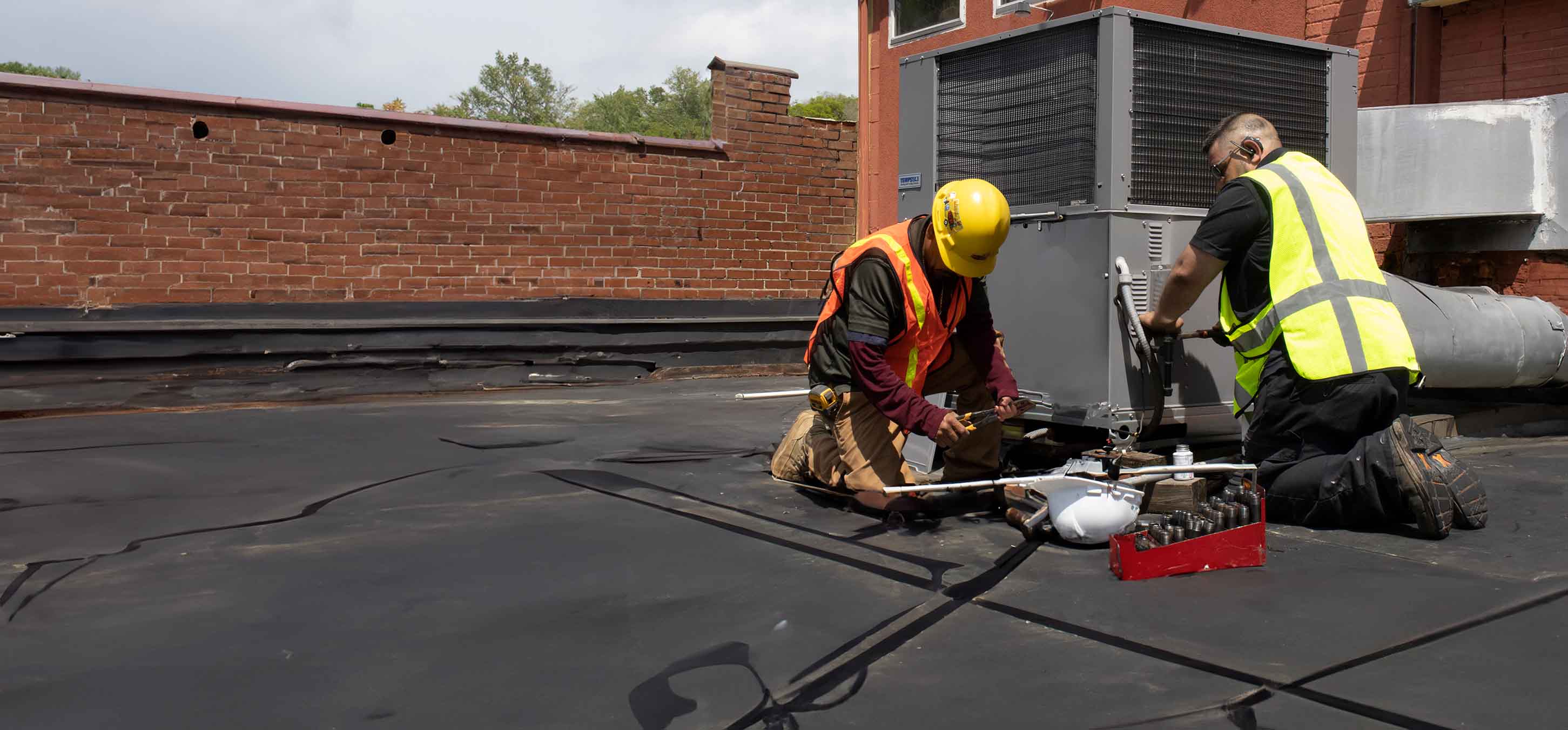

Energy Efficiency
Your trusted partner for professional home services. Quality workmanship, guaranteed satisfaction.




- HEP
- Energy Efficiency
Energy Efficiency | HVAC Unit Replacement | Heating and Air Conditioning | Shelbyville
When Shelbyville temperatures swing from sticky August afternoons to crisp winter mornings, HEP keeps comfort effortless and affordable. Our licensed technicians specialize in HVAC unit replacement that pairs cutting-edge, high-SEER systems with precision installation, trimming energy use while delivering whisper-quiet performance. You’ll feel the difference in every room—and see it on the utility bill—thanks to smart thermostats, sealed ductwork, and products selected for Tennessee’s unique climate.
From your first call to the final walkthrough, we handle permits, rebates, and old-unit recycling, so you can focus on enjoying dependable heating and cooling year-round. Whether you’re upgrading an aging furnace, chasing lower energy costs, or preparing a home renovation, HEP’s local team backs every install with transparent pricing, flexible financing, and a satisfaction guarantee that’s as solid as our Shelbyville roots. Ready to breathe easier? Let’s replace the worry with efficiency today.
FAQs
How do I know it’s time to replace my HVAC system in Shelbyville instead of repairing it?
Most systems last 12–15 years. If yours is in that age range and you’re facing frequent breakdowns, rising electric bills, hot or cold spots, or it still uses phased-out R-22 refrigerant, replacement is usually more cost-effective. As a rule of thumb, if the repair estimate is over 30% of the cost of a new ENERGY STAR® unit, upgrading will save money in the long run and improve comfort and efficiency.
What energy-efficient HVAC options work best for the Shelbyville climate?
Shelbyville’s hot, humid summers and generally mild winters make high-SEER air conditioners, variable-speed heat pumps, and dual-fuel (heat pump + gas furnace) systems ideal. Look for SEER2 ratings of 15 or higher, HSPF2 ratings of 8.1 or greater, and ENERGY STAR certification. Variable-speed compressors and smart thermostats further lower energy use by matching output to real-time demand instead of cycling on and off at full blast.
How much can I expect to save on utilities by upgrading to a high-efficiency unit?
Savings depend on your current system’s efficiency and your home’s insulation, but homeowners switching from a 10-SEER unit to a 16-SEER model often cut cooling costs by 35-45%. In Shelbyville, where the average annual heating-and-cooling bill is roughly $1,200–$1,500, that can translate to $400–$600 in yearly savings. A modern heat pump with a 15.2 SEER2 rating can also reduce winter heating costs by 20–30% compared with older electric furnaces.
Are rebates, tax credits, or financing available for energy-efficient HVAC replacements in Shelbyville?
Yes. Through the federal Energy Efficient Home Improvement Credit (25C), you can receive up to 30% of the project cost—capped at $600 for air conditioners and $2,000 for qualifying heat pumps and furnaces—on your taxes. Local power companies participating in TVA’s EnergyRight program frequently offer $200–$500 rebates plus low-interest loans. Many manufacturers provide seasonal promotional rebates, and our company partners with lenders that offer 0% APR financing for 12–18 months to approved homeowners.
How long does an HVAC replacement take and what should I expect during the process?
Most residential replacements in Shelbyville can be completed in a single day. We start with a Manual J load calculation to size the new system, pull any required local permits, and protect floors and landscaping before removing the old equipment. While the crew installs the condenser, air handler/furnace, and thermostat, we inspect ducts for leaks and make minor repairs. Final steps include charging the refrigerant, testing airflow, verifying thermostat functions, and hauling away debris. You’ll receive a walkthrough, maintenance tips, and all warranty paperwork on the same day.
What maintenance is required after installing a new high-efficiency HVAC system?
Change or clean filters every 30–60 days, keep the outdoor condenser free of leaves and debris, and rinse coils with a garden hose each spring. Schedule professional tune-ups twice a year—cooling service in spring and heating service in fall—to maintain peak efficiency, keep your manufacturer warranty valid, and catch minor issues early. Smart thermostats and connected monitoring apps can send alerts if the system detects airflow restrictions or unusual energy spikes.